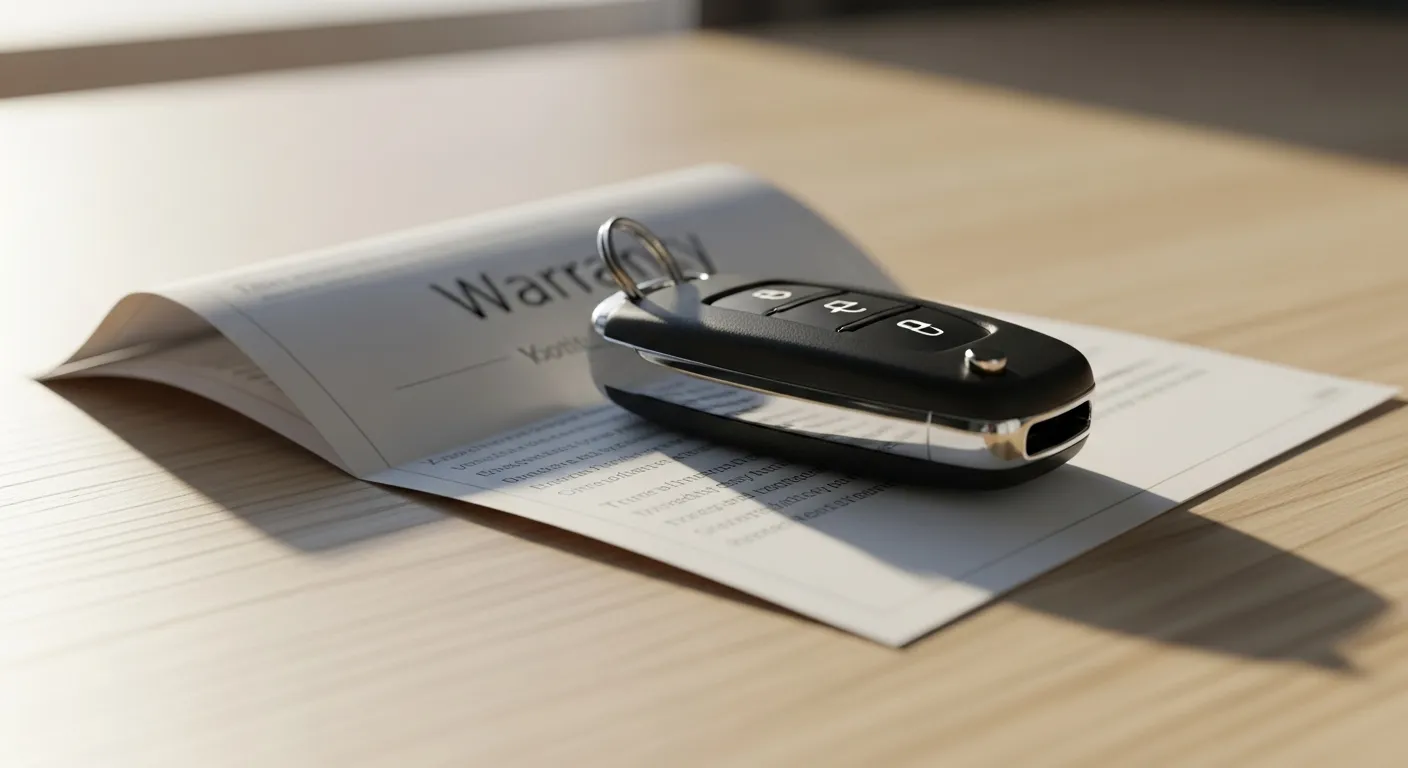
Frequently Asked Questions (FAQs)
Here are answers to some of the most common questions people have about lemon laws.
Does the lemon law apply to used cars?
This is a common question, and the answer is: it depends. The primary “new car” lemon laws in most states do not cover used vehicles. However, there are a few important exceptions. Some states have separate, specific “used car lemon laws” that offer limited protections. More commonly, a used car can be covered if it was sold with a written warranty (either the remainder of the manufacturer’s warranty or a dealer-provided warranty). In these cases, the federal Magnuson-Moss Warranty Act can provide a legal remedy if the warrantor fails to repair the vehicle after a reasonable number of attempts.
Does the lemon law apply to leased vehicles?
Yes. In nearly all states, the lemon law protections that apply to purchased vehicles also extend to leased vehicles. If your leased car qualifies as a lemon, the manufacturer would be required to accept a return of the vehicle and refund all payments you have made under the lease, effectively terminating the lease agreement without penalty.
What if the problem started after the warranty expired?
Generally, for a lemon law claim to be valid, the substantial defect must first be reported to the dealer *during* the lemon law protection period (e.g., within the first 12 months or 12,000 miles, per your state’s law). If the problem only appears after this period expires, you typically would not have a claim. The key exception is if you can prove that the defect existed during the warranty period, you reported it, and the dealer failed to properly diagnose or fix it at that time. This can be difficult to prove and is a situation where legal advice is highly recommended.
Will a lemon law claim ruin my credit?
No, a lemon law claim should have no impact on your credit score. A lemon law dispute is a product liability issue with the manufacturer. Your auto loan is a separate financial agreement with a bank or credit union. As long as you continue to make your loan payments on time during the dispute, your credit will not be affected. Once a buyback is finalized, the manufacturer’s payment is used to pay off the auto loan, and any remaining amount is refunded to you.
What is the “deduction for use”?
When a manufacturer buys back your car, they are allowed to subtract a certain amount for the miles you were able to drive the car without any problems. This is the “deduction for use” or “mileage offset.” While the exact formula varies by state, it is usually calculated based on the number of miles on the car when you first reported the defect. For example, a simplified formula might be: (Purchase Price x Miles at First Repair) / 120,000. This ensures the refund reflects the value of the trouble-free use you got from the vehicle.
What should I do first if I think I have a lemon car?
If you suspect your vehicle is a lemon, take these three steps immediately. First, gather and organize all your paperwork—the purchase contract, warranty, and every repair order. Second, start a detailed log of all communications and events related to the vehicle’s problems. Third, visit your state’s Attorney General website to read the specifics of your local lemon law. This will tell you the exact requirements for repair attempts and timeframes in your state. Taking these steps will put you in the strongest possible position to assert your consumer rights.
Disclaimer: The information provided on this website does not, and is not intended to, constitute legal advice; instead, all information, content, and materials available on this site are for general informational purposes only. Information on this website may not constitute the most up-to-date legal or other information. Readers of this website should contact their attorney to obtain advice with respect to any particular legal matter.




